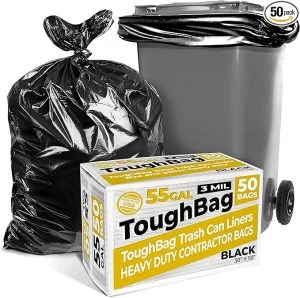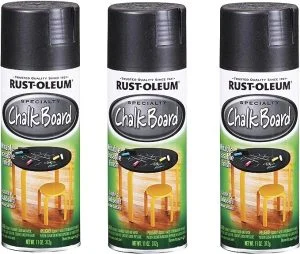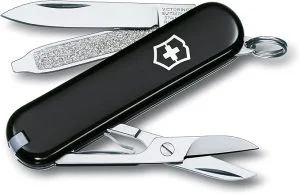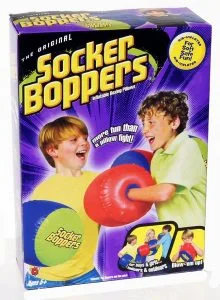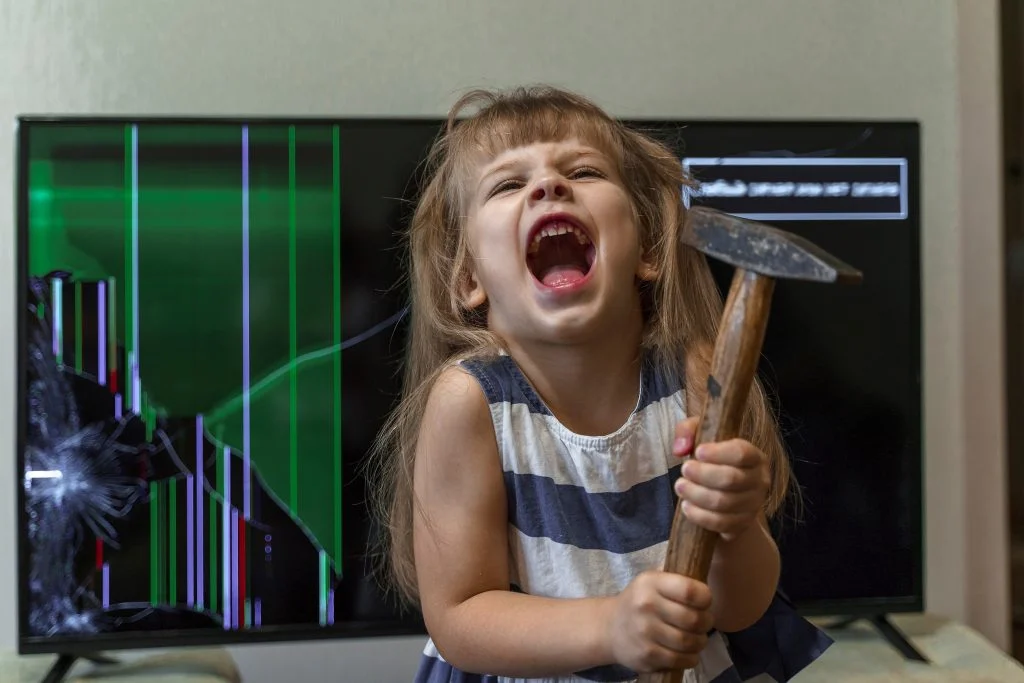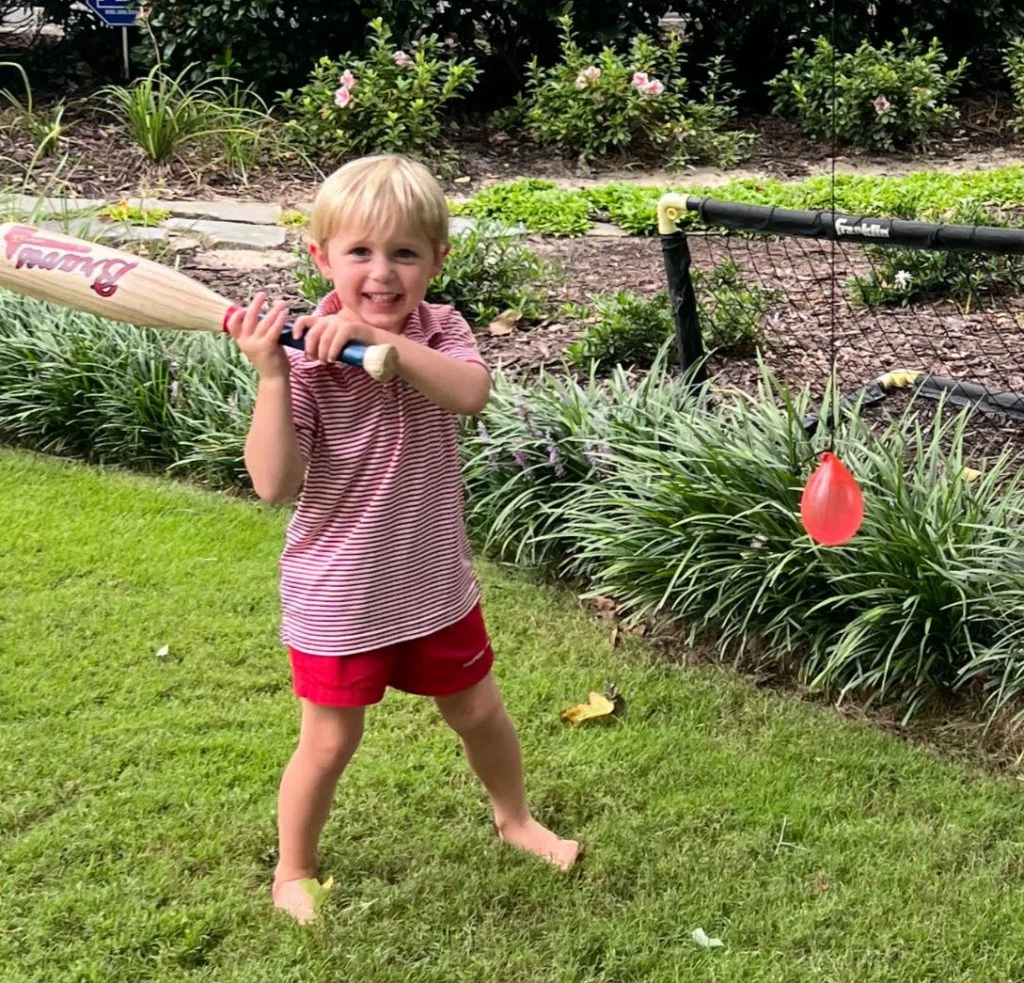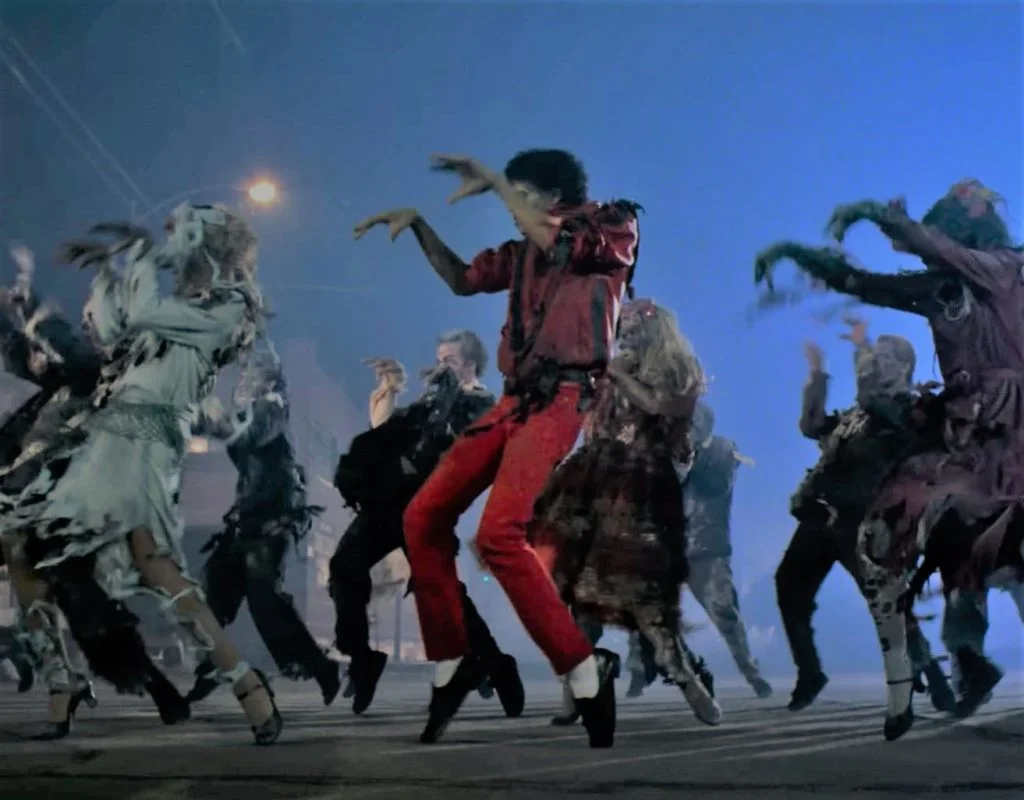
Junkyard Smash
Get some friends to go in on a junkyard car and let the kids smash away all their teenage rage! Great for fundraising drives, event hype, frat parties… just saying…
Make it Meaningful with a Conversation on Anger Management:
Having a conversation with your child about anger management can feel daunting, but it’s an important step in helping them develop healthy coping mechanisms and navigate their emotions effectively. Here are some tips to guide you:
Choose the right time and place: Good news, this is the perfect time to engage. Avoid initiating the conversation when your child is already feeling angry or upset.
Start with empathy and understanding: Acknowledge their feelings and validate their experience. Phrases like “I see you’re feeling frustrated” or “It sounds like you’re really angry right now” can help open the door to communication.
Focus on the behavior, not the person: Instead of saying things like “You’re always angry” or “Why are you acting like this?”, focus on the specific behavior that bothers you. For example, “I don’t like it when you yell at me” or “Hitting is not okay.”
Use “I” statements: Express how their behavior affects you. Saying “I feel hurt when you yell” is more likely to resonate with your child than accusatory statements.
Listen actively: Give your child your undivided attention and let them express their feelings without interruption. Show them you’re trying to understand their perspective.
Offer solutions and alternatives: Work together to brainstorm healthy coping mechanisms for dealing with anger. This could include taking deep breaths, counting to ten, taking a break, expressing their feelings verbally, or engaging in physical activity.
Be patient and positive: Change takes time and effort. Encourage your child for their efforts and celebrate their progress, no matter how small.
Lead by example: Be mindful of your own anger and how you express it. Model healthy coping mechanisms for your child and avoid yelling, name-calling, or other aggressive behaviors.
Seek professional help if needed: If your child’s anger is causing significant problems at home, school, or in their social life, consider seeking professional help from a therapist or counselor. They can provide additional support and guidance for both you and your child.
Here are some additional resources that you may find helpful:
- The National Anger Management Association: https://www.namass.org/
- The American Academy of Child and Adolescent Psychiatry: https://www.aacap.org/
- The National Institute of Mental Health: https://www.nimh.nih.gov/
Remember, open and honest communication is key. By approaching this conversation with empathy and understanding, you can help your child develop the skills they need to manage their anger in a healthy way.
RELATED products
Chalkboard Wall Paint
Make any surface into a fun kid zone with chalkboard paint.
Fast Orange Hand Cleaner
Trusted by mechanics. Perfect for your kid's grimy hands.
Glow Paint
For science, art, or just getting weird.
Color Fight Balls
Memorable bonding experience! Not for kids who don't like getting messy.
Wilderness First Aid Kit
Don't be a dumbass. Be prepared. And take a CPR class too.
KNOWLEDGE
View All-
Conversation Starters
Meaningful Conversation Starters: (From Focusonthefamily.org) We encourage you to print this page, keep it in your car, wallet, or your child's bedside table so that meaningful conversations are always within reach. Note: for each question, consider sharing your own answer....
Toys & Gifts
View All-
Hand-Eye Coordination Trainer
The focus and repetition required will calm your child & provide an outlet for pent up energy.
-
First Pocket Knife
Put trust and responsibility in their hands. A swiss army knife is a basically a right of passage for all boys.
-
Weeble Wobble Punching Bag
Redirect their emotional energy. Plus it's fun...
-
Socker Boppers
Inevitably one will pop and a punch will land, but until then its a lot of fun.
-
Reaction Light
Like Whack-a-Mole but for exercise. Improve reaction speed, get cardio, get strength. Pricey.









